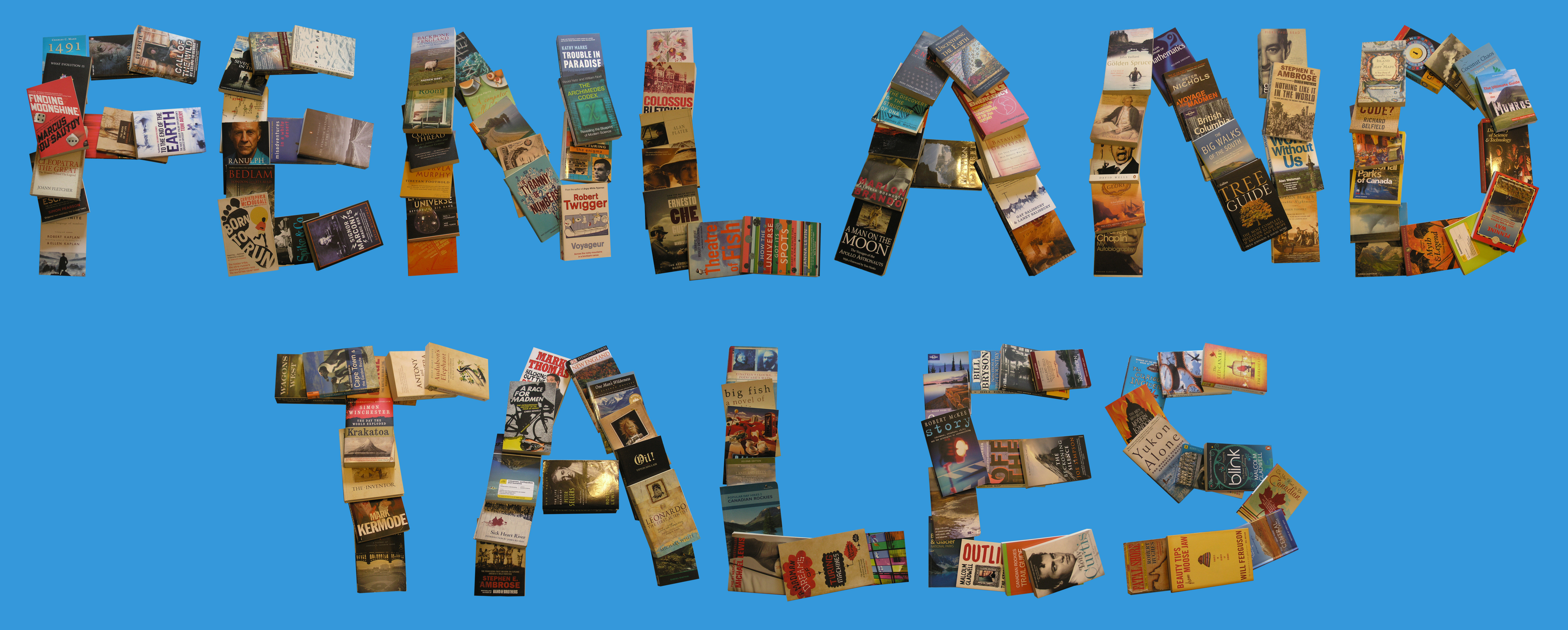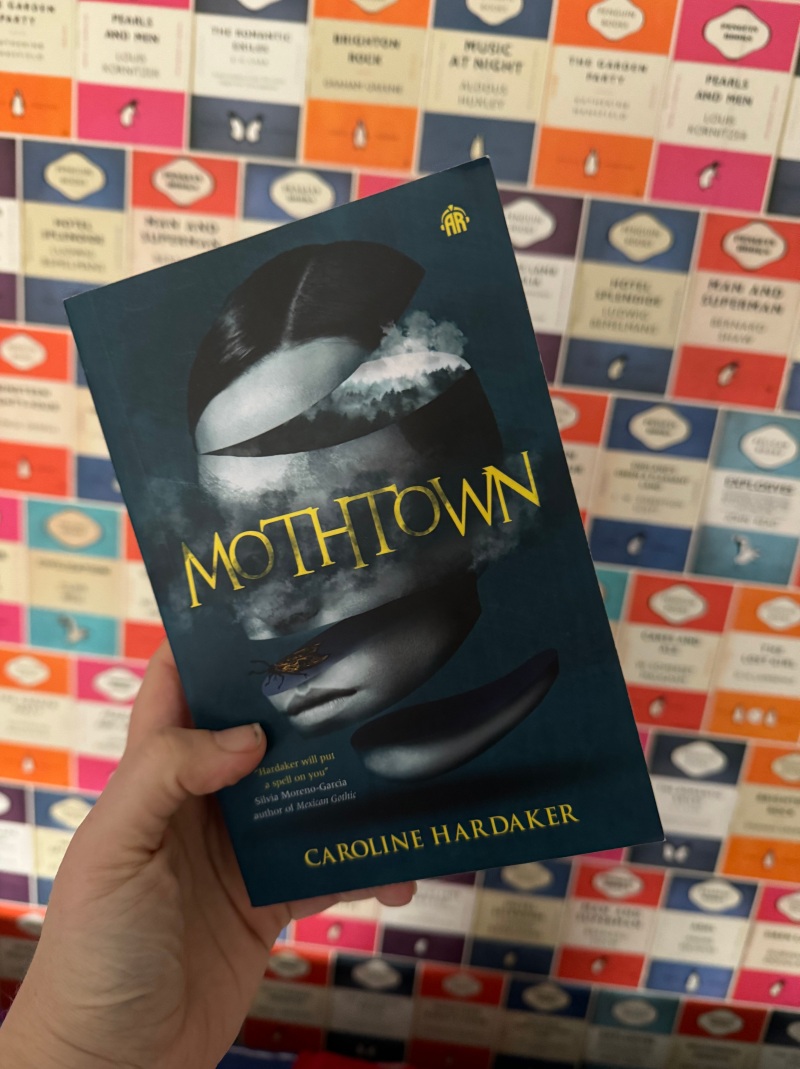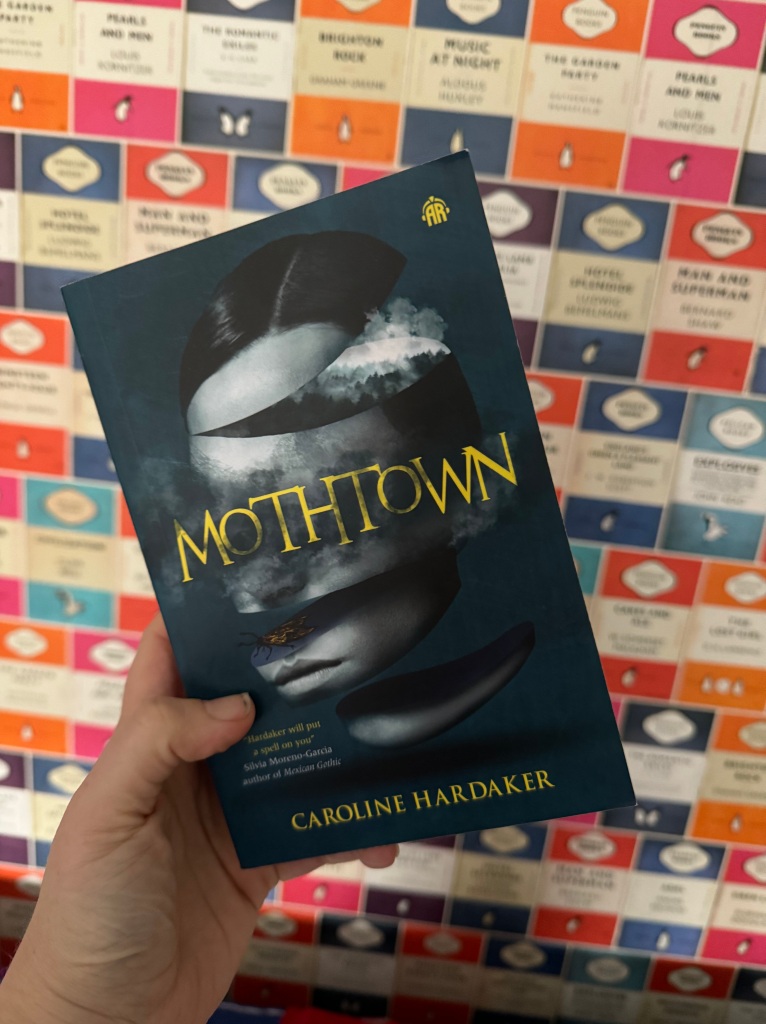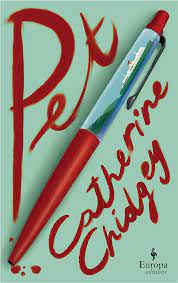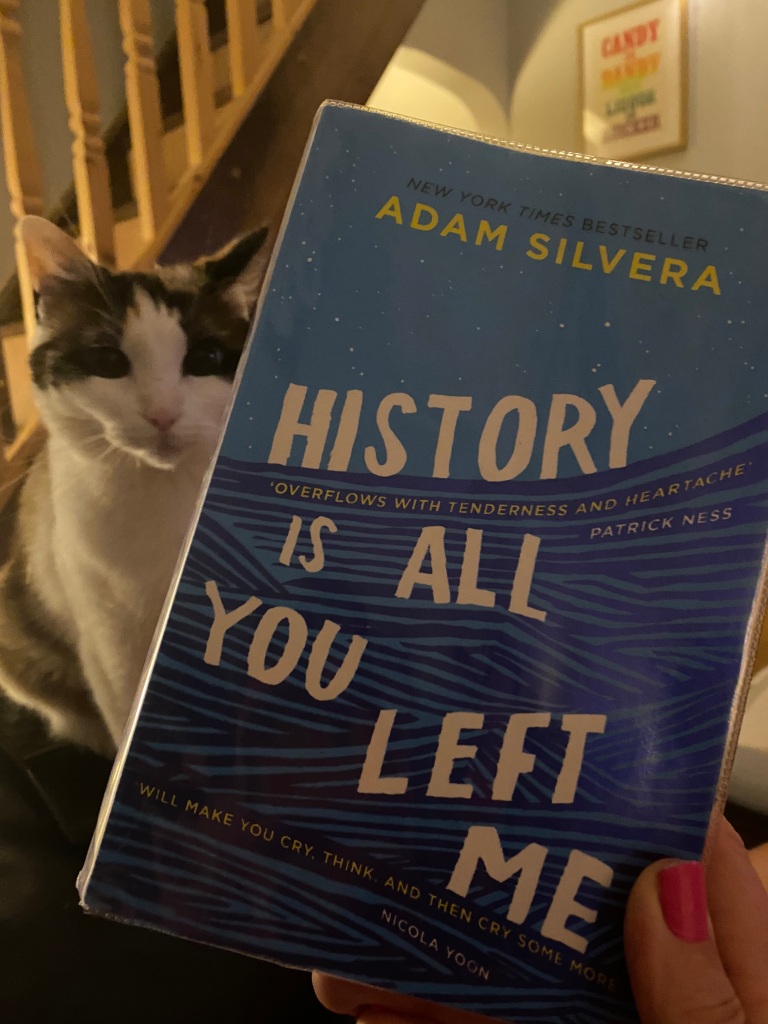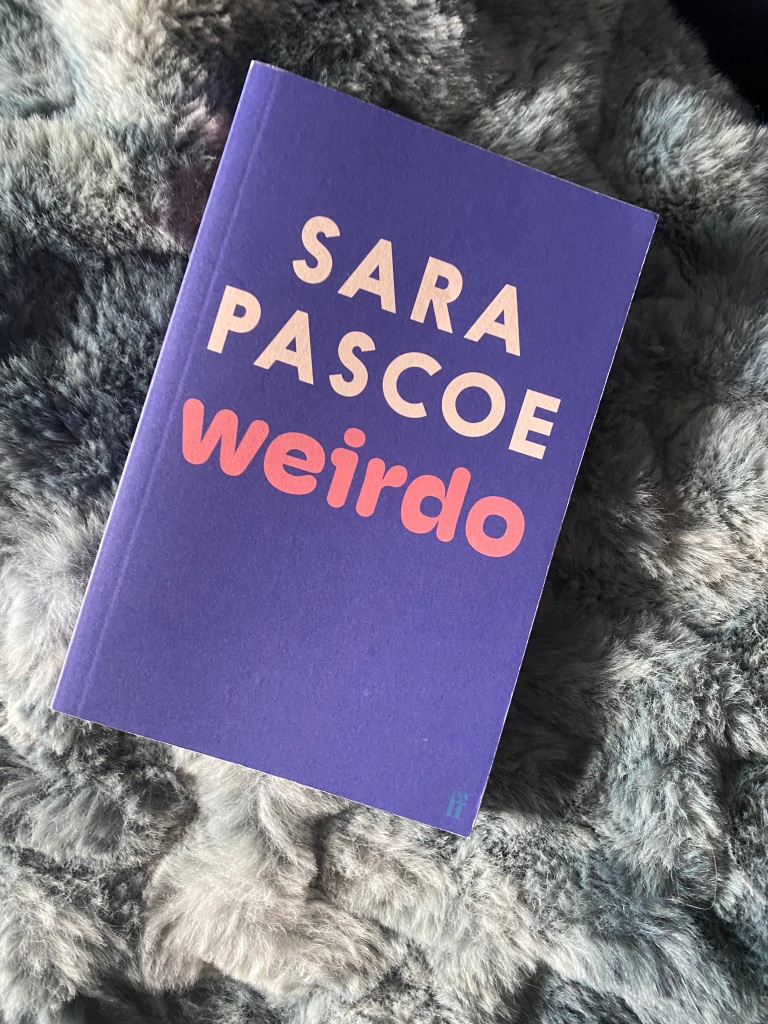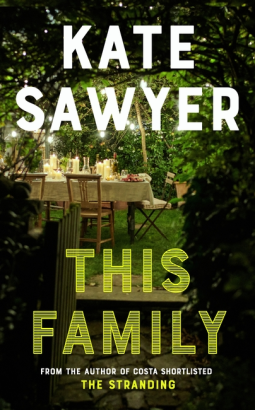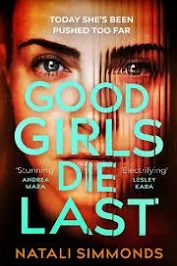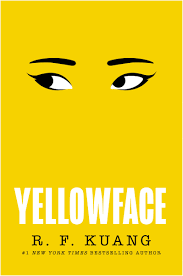“David is growing up in a world where something is very badly wrong but everyone is protecting David from knowing what it is. People are going missing, bodies are showing up with wings, or bones in nests if you believe the rumours from the kids at school. David doesn’t really know because his parents turn off the news whenever he might get a handle on what is happening around him and his older sister just doesn’t seem interested in sharing.” Publisher website
I was intrigued by the blurb on ‘Mothtown’ – it’s dark and misty and perfect for the end of the year. We’re quickly introduced to our narrator and the book is split into ‘before’ and ‘after’ sections. In one, we follow a man running from something, towards somewhere – alone and hurt in a forest. In the other, we meet David and his family. His grandfather and he are close, and share a secret language. He’s also very clever, and researching something mysterious which David’s not allowed to know about as he’s too young. With his small family – mum, dad and sister, they live in a house on a street with mysteries. Flowers line the pavements and people come to visit, wearing black. Other people walk along the cul-de-sac carrying rucksacks, on a mission to who knows where.
As David grows up, his grandfather disappears in mysterious circumstances. Suddenly, and David doesn’t get to say goodbye – he’s convinced he’s not dead, but gone travelling. Trying to find that mysterious place where he’ll finally fit in. Where he’ll be home.
As we, as the readers, are reliant on David to tell us what’s going on, we can only know what we see through his eyes. He feels lonely, alone, out of place – especially without his grandad beside him. No-one understands him, his family think he’s weird and he never talks.
As the book progresses, we learn more about Mothtown, the doors to find it and what David can discover in his research. We also learn more about the modern problem – a kind of malaise affecting people across the city, perhaps the country and maybe even the world. The two are interlinked, in some way, and David finds himself drawn into both. His quest takes him to different places, such as strange houses with photos of missing people on the walls, forests and streams. He encounters different people too, describing them in a unique style which feels like a specific lens. He describes his sister in make up as ghoulish, frightening, which adds another layer of gentle horror.
There needs to be a trigger warning for part of the plot of this book, as there’re a few mentions of suicide attempts, of depression and some scenes in a mental health hospital.
“Mothtown” explores the line between mental and physical location in time and space. With David as narrator we can’t be sure that what is being described is what’s happening, is actually what’s happening. Alongside this, there’s some magical realism which lends another layer of horror – it’s not frightening, there’s no ‘bad guy’, but what David experiences is unsettling.
It’s no surprise that Hardaker has published a couple of poetry collections, and this is evident in the prose here. It’s lyrical and thoughtful, a deep excavation of the mind and the places it can take you if you don’t have the information you need to understand what’s happening. For me, this is a big part of the ‘message’, if there is one – ignorance is not bliss. It’s dangerous, it can make sad or scary things and illnesses mysterious and unknowable. It can lead someone away from help, towards loneliness and pain.
This is not an easy read, and it’s also not the story I thought it was going in – I don’t want to be too specific as I don’t want to spoil the narrative reveals – it’s a really insightful and quite beautiful novel. I’m looking forward to seeing what Caroline Hardaker does next.
Thanks to Angry Robot for the ARC and the opportunity to be on the Blog Tour!
